agg: 27 Aug 2022
Goodbye Pork Pie Hat - Charles Mingus Solo
Numero di pagine: 2
Video di riferimento:
Se questo link al video è rotto, segnalacelo in modo da poterlo sostituire il prima possibile.
Se ti piace questo video, acquista la musica originale e sostieni la musica e gli artisti jazz!
The MBB has become the most important and virile "ghost band" of them all. Their roaring, swinging spirit echoes the late bassist/composer/bandleader in ways that compare favorably to when Mingus was alive. The musicianship, rotating as it tends to, is consistently and outrageously outstanding, the new arrangements of classic Mingus tunes are fresh and vibrant as ever, and solos absolutely riveting. For this time around the band includes lead trumpeter Earl Gardner, lead alto/soprano saxophonist Alex Foster, and prominent soloists include tenor saxophonists Mark Shim, Seamus Blake, and John Stubblefield; trumpeters Randy Brecker and Alex Sipiagin; baritone saxophonist Ronnie Cuber; trombonist Conrad Herwig; alto saxophonists Bobby Watson and Vincent Herring; and arrangements by Michael Mossman, Sy Johnson, Howard Johnson, and Steve Slagle. Mingus himself speaks during the introductory "It Was a Lonely Day in Selma, Alabama," then the band chants and claps to "Freedom," certainly a prolific tone setter. "Haitian Fight Song" has bassist Boris Kozlov leading the angst-riddled charge, the piece played to perfection. The classic ode to Lester Young "Goodbye Pork Pie Hat" is accented by tenor saxophonist Seamus Blake's patient, poignant solo and the band's pristine reading of Sy Johnson's new chart. "Don't Let It Happen Here," with its tango-flavored fanfare and son Eric Mingus' recitation, rivals the original. "Meditations for a Pair of Wire Cutters" has all the dynamic stop-start Mingus traits, "Pussycat Dues," is a pretty straight by comparison blues, "Oh Lord, Don't Let Them Drop That Atomic Bomb on Me" has Eric Mingus returning on the slow blues that still has relevance today as he shouts "don't let 'em drop it, stop it, be-bop it," and the 16-minute finale "Little Royal Suite" is so Ellingtonian in flavor, a full-bore swinger that lets the band, especially soloists Sipiagin, Stubblefield, and Herring running wild out of their cages. To interpret Mingus' music so faithfully and with such great authenticity and zeal is not an easy task. Another triumph for this ensemble, easily a Top Five jazz album of 1999, an essential purchase. Much more could be written or said, but Mingus and the band speak much louder than words.
from allmusic.com
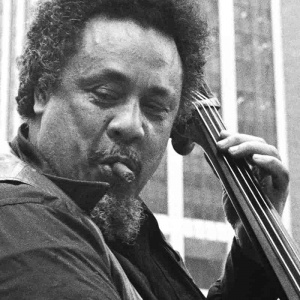
Charles Mingus
Charles Mingus, byname Charlie Mingus, (born April 22, 1922, Nogales, Arizona, U.S.—died January 5, 1979, Cuernavaca, Mexico), American jazz composer, bassist, bandleader, and pianist whose work, integrating loosely composed passages with improvised solos, both shaped and transcended jazz trends of the 1950s, ’60s, and ’70s.
Mingus studied music as a child in Los Angeles and at 16 began playing bass. The foundation of his technique was laid in five years of study with a symphonic musician. After stints with Louis Armstrong and Kid Ory in the early 1940s, Mingus wrote and played for the Lionel Hampton big band from 1947 to 1948 and recorded with Red Norvo. In the early 1950s he formed his own record label and the Jazz Composer’s Workshop, a musicians’ cooperative, in an attempt to circumvent the commercialism of the music industry.
Mingus drew inspiration from Duke Ellington, Charlie Parker, Thelonious Monk, African American gospel music, and Mexican folk music, as well as traditional jazz and 20th-century concert music. Though most of his best work represents close collaborations with improvising musicians such as trumpeter Thad Jones, drummer Dannie Richmond, alto saxophonist Jackie McLean, and woodwind-player Eric Dolphy, Mingus also wrote for larger instrumentations and composed several film scores.
As a bassist, Mingus was a powerhouse of technical command and invention; he was always more effective as a soloist than as an accompanist or sideman. The Mingus composition most frequently recorded by others is “Goodbye, Porkpie Hat,” a tribute to Lester Young, and his most frequently cited extended work is “Pithecanthropus Erectus,” a musical interpretation of human evolution. His volatile personality and opinions were captured in his autobiography, Beneath the Underdog, published in 1971.
from Britannica






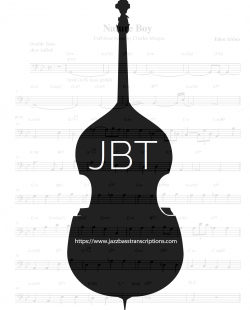
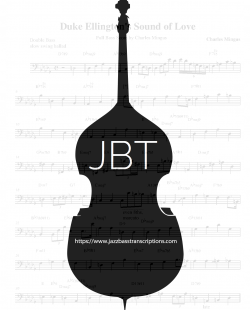
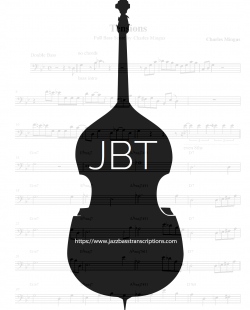
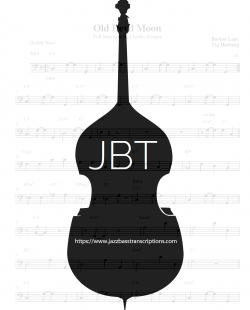
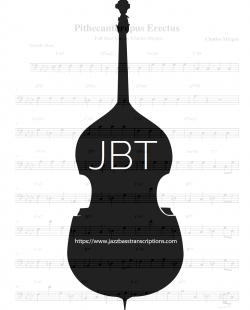

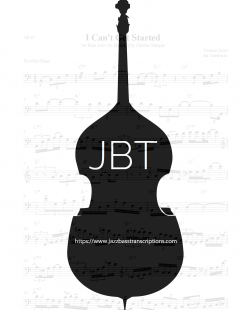
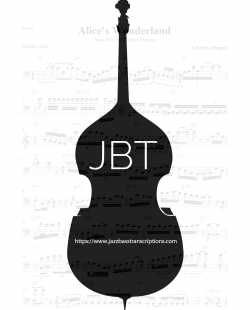
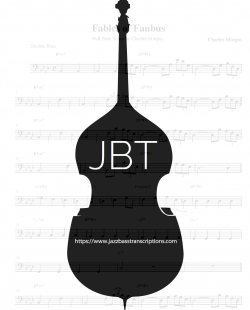
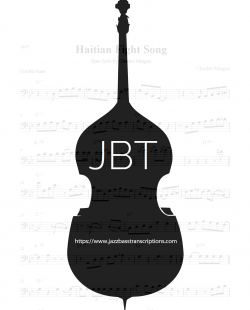
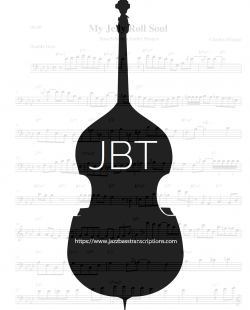
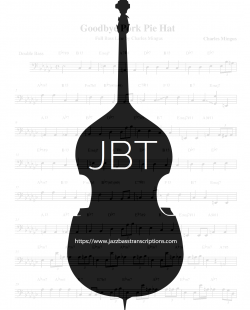
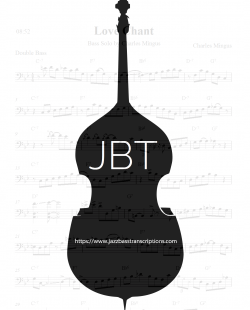
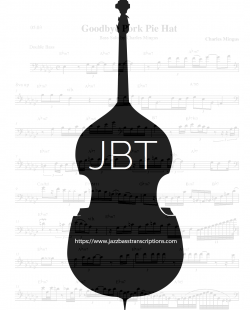
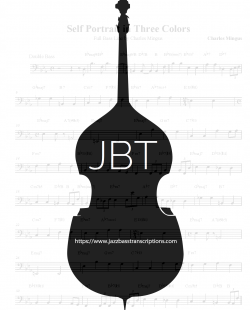
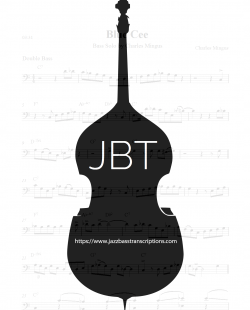
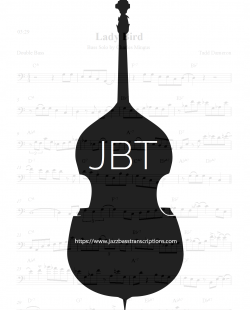

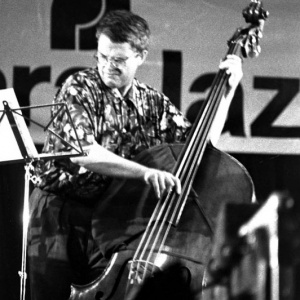
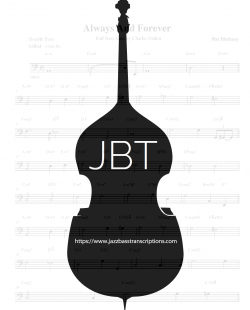
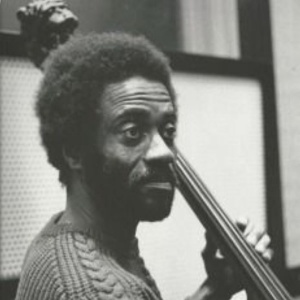
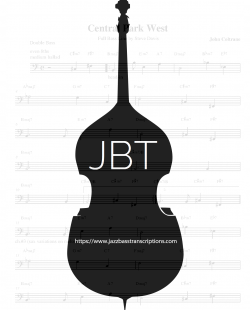

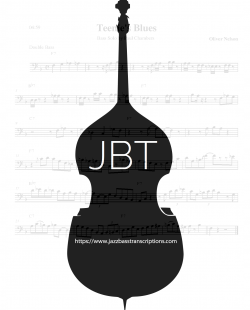
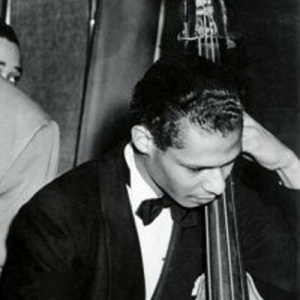
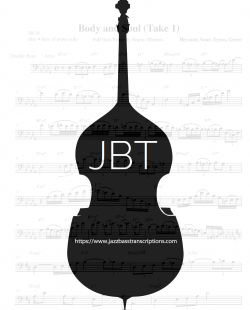
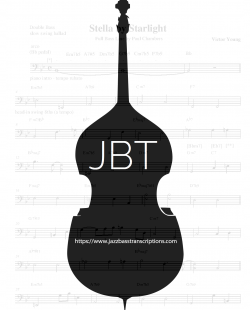
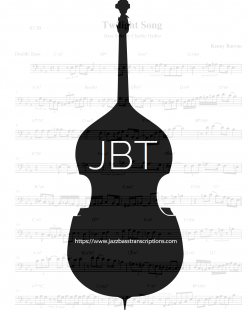
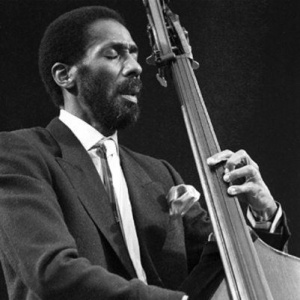

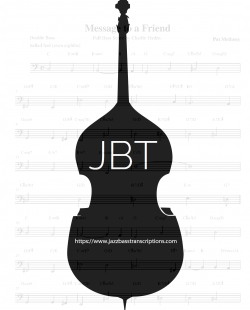
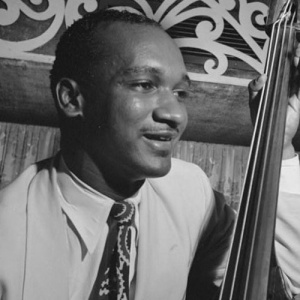
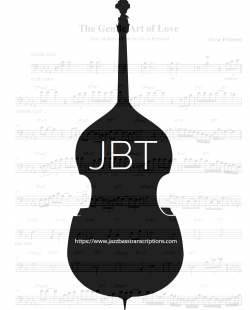
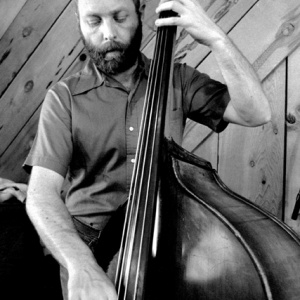
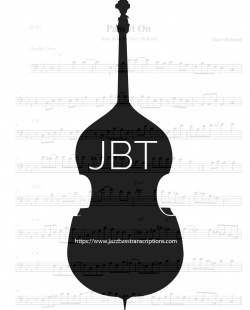
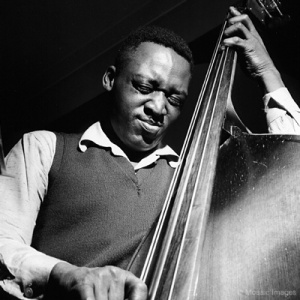
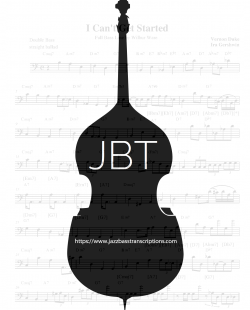
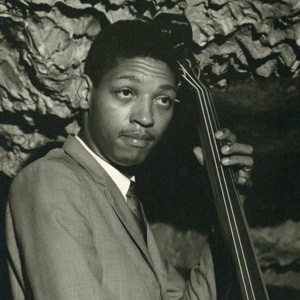
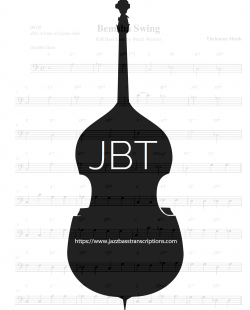
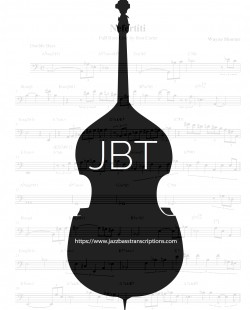
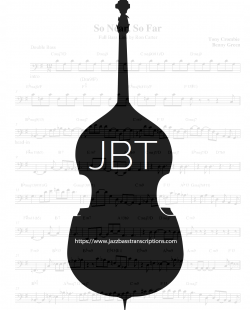
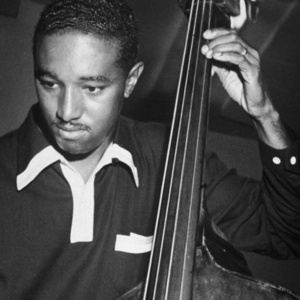
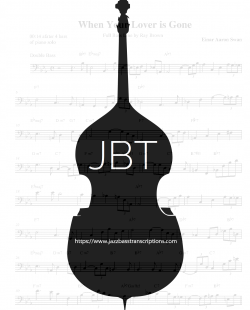
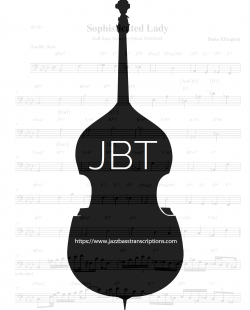
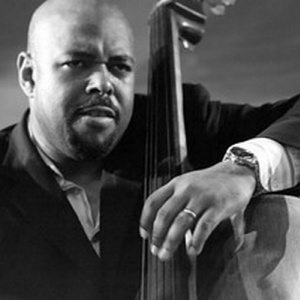
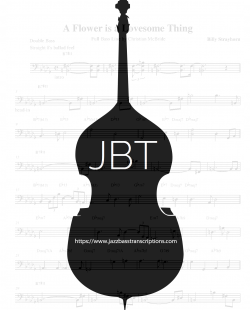
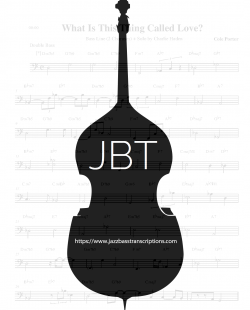
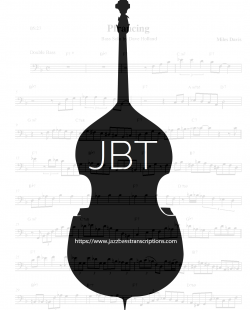
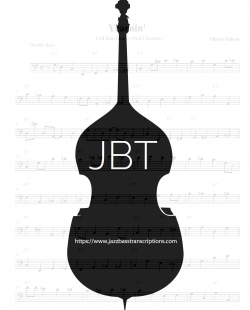

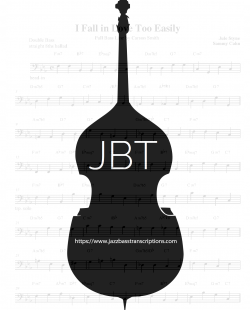
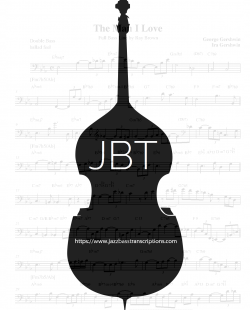
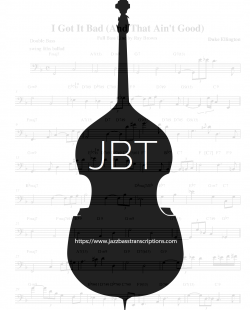
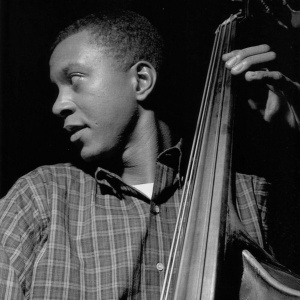
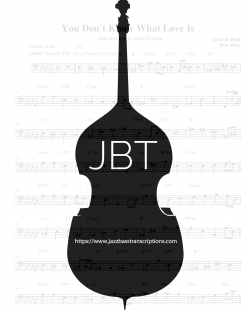
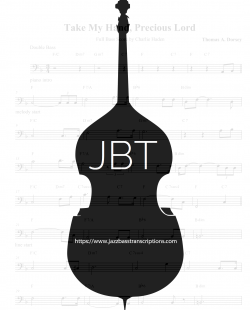
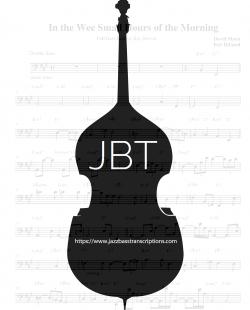
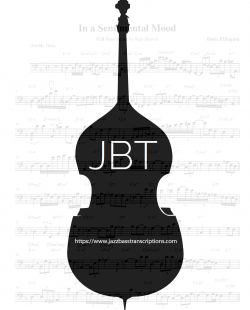
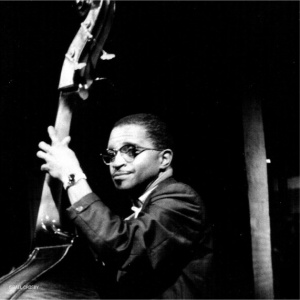
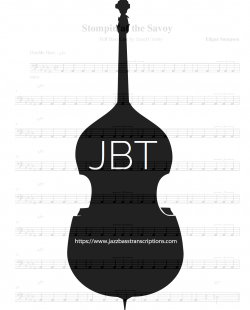
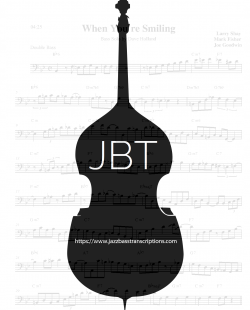

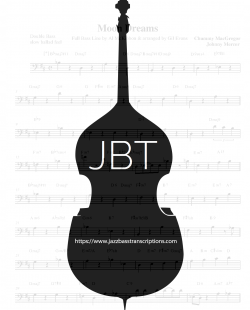
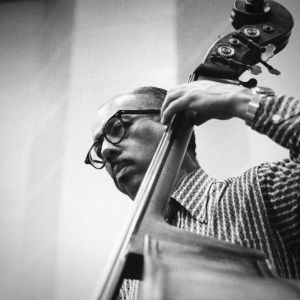

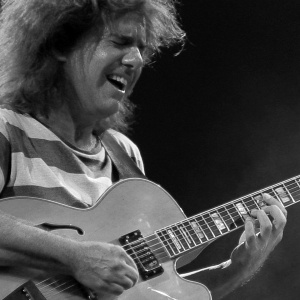
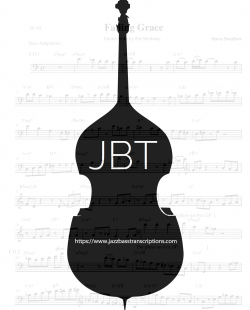
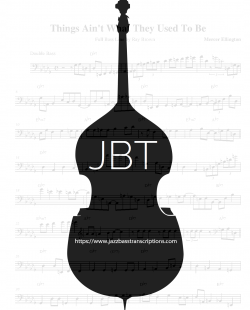
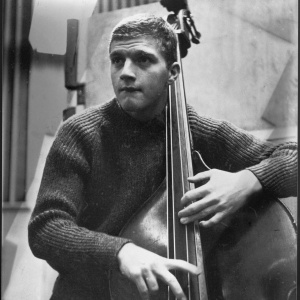
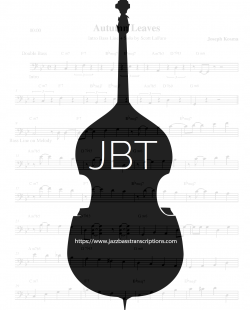
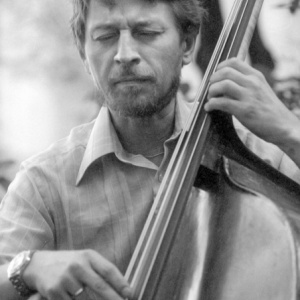
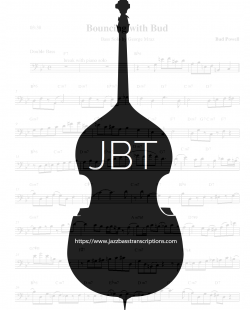
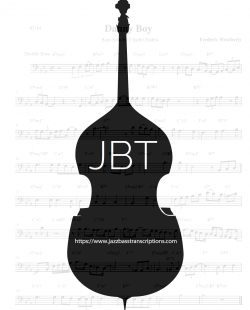
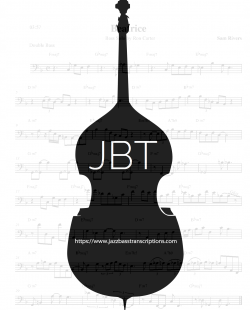


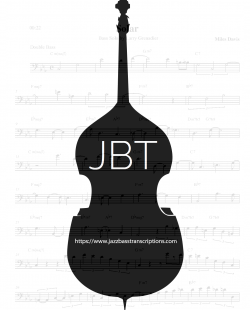
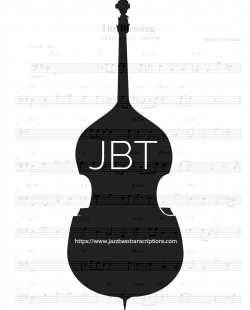
 Help
Help
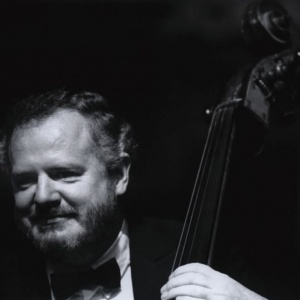 Niels-Henning Ørsted Pedersen
Niels-Henning Ørsted Pedersen